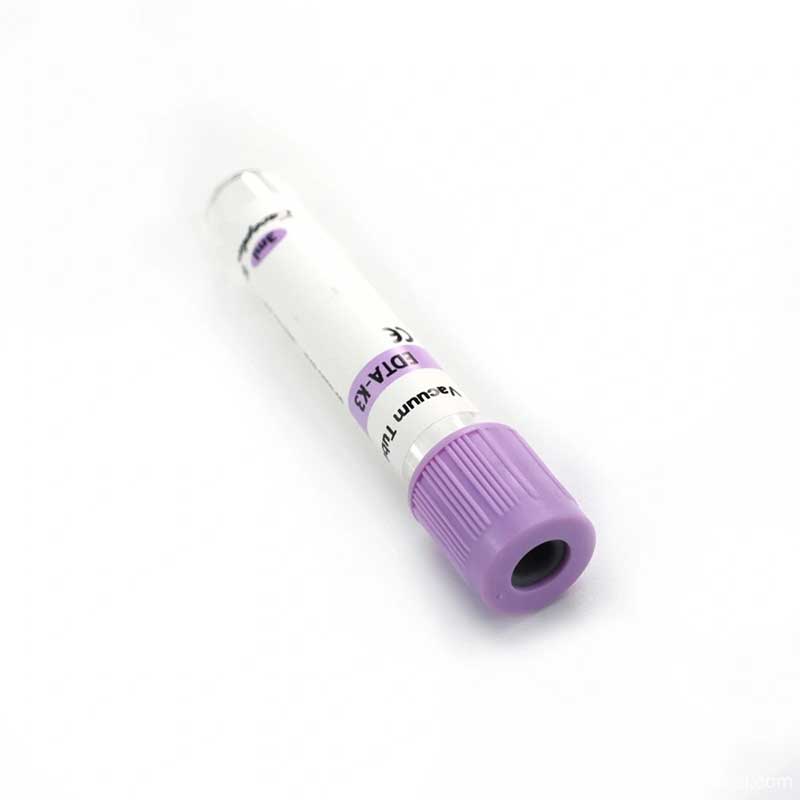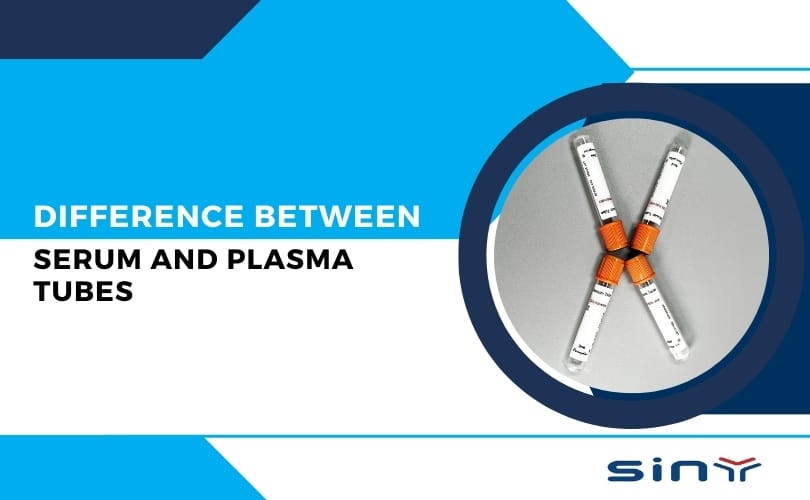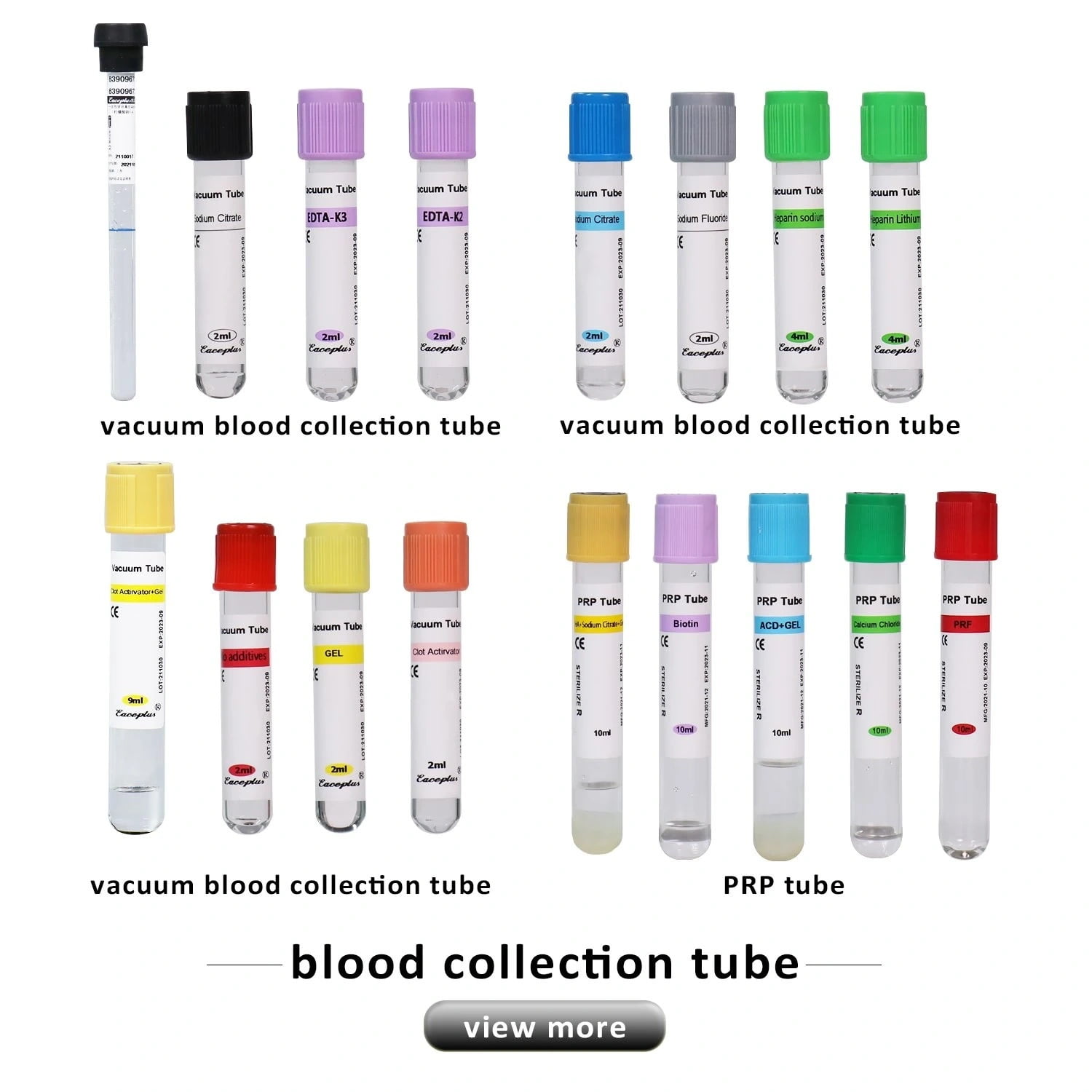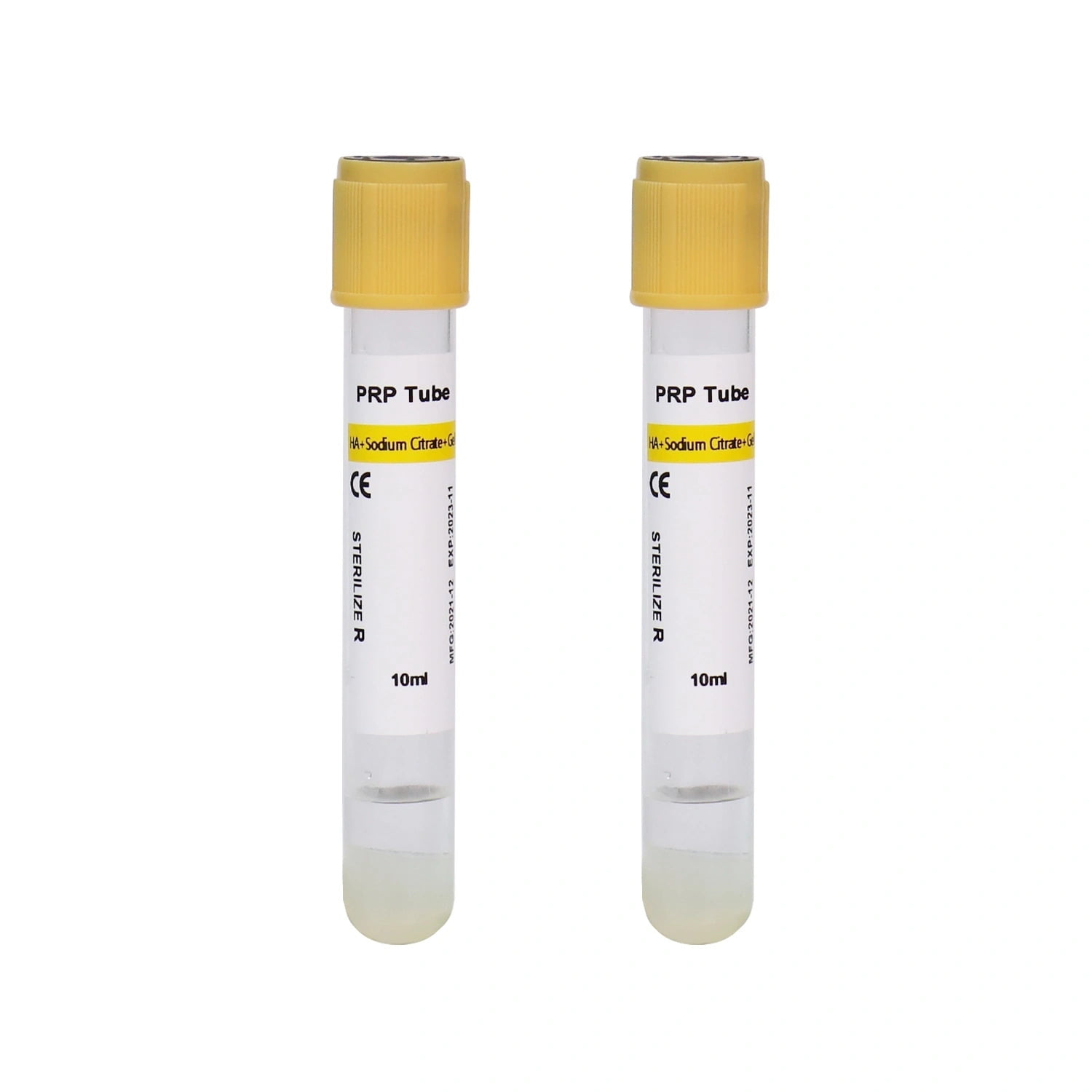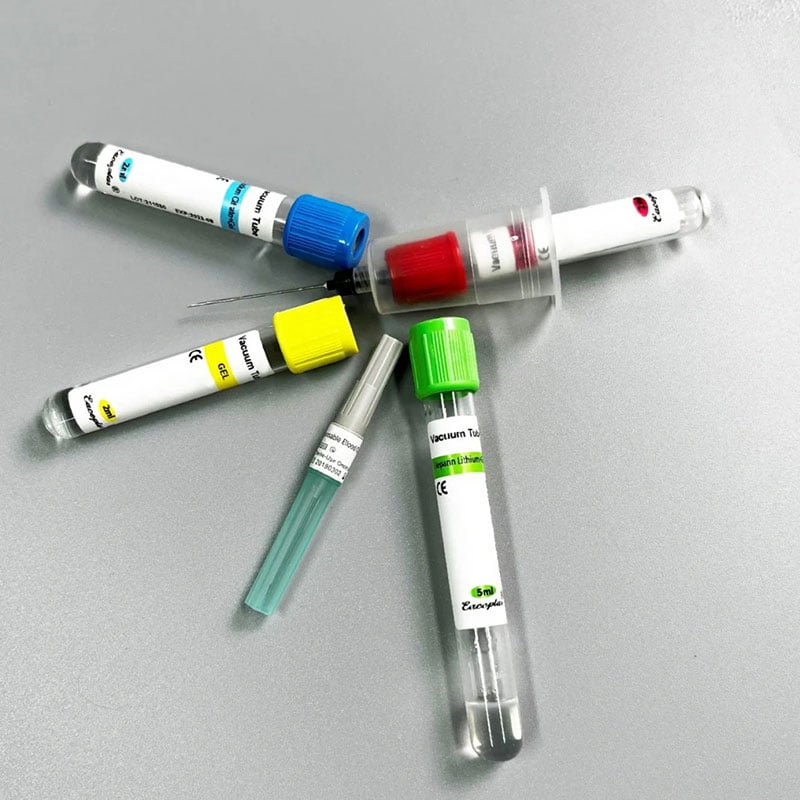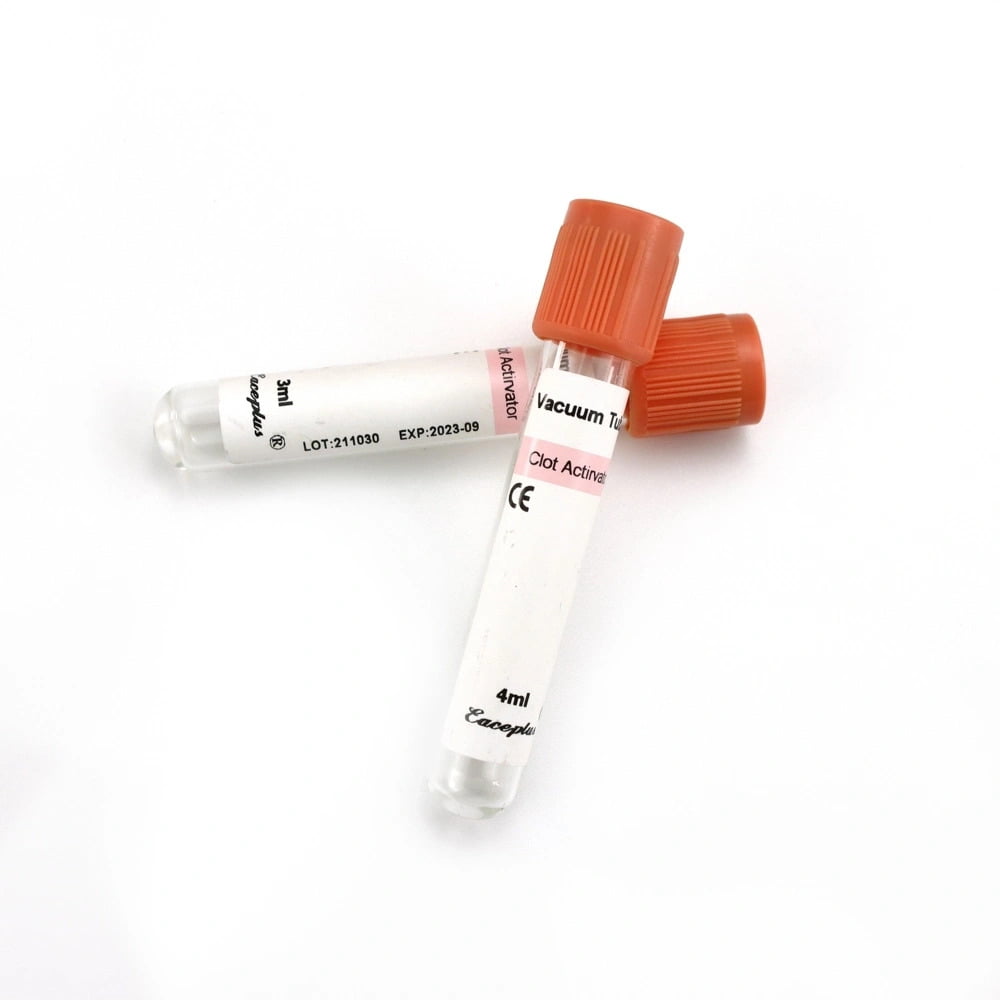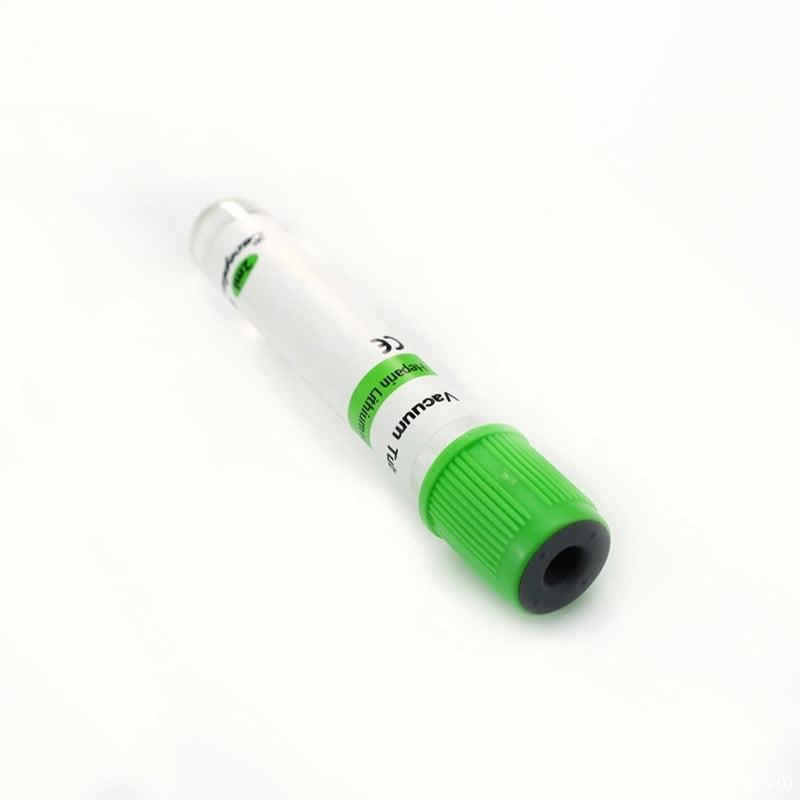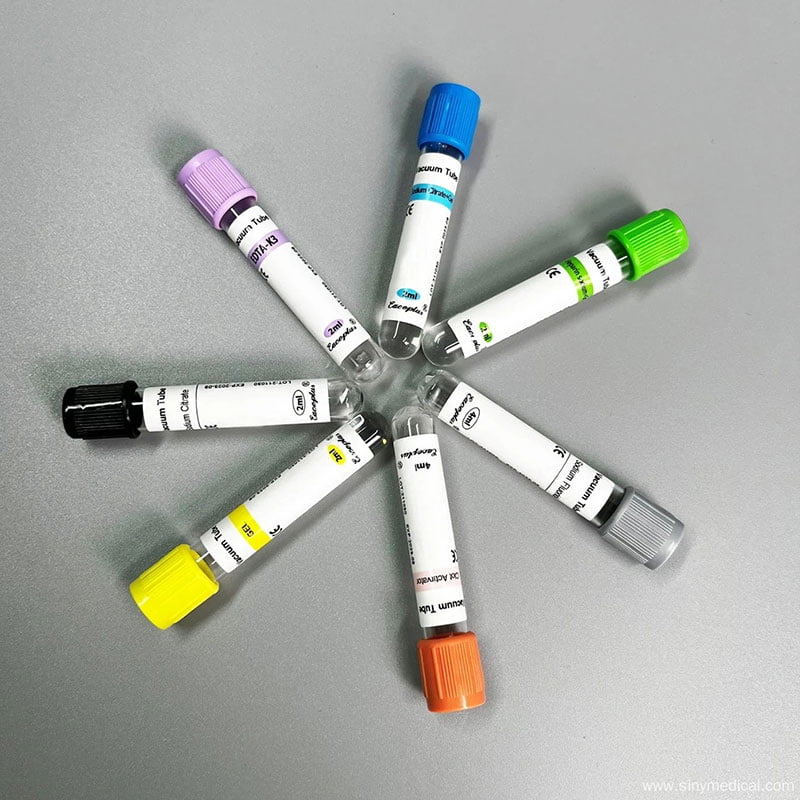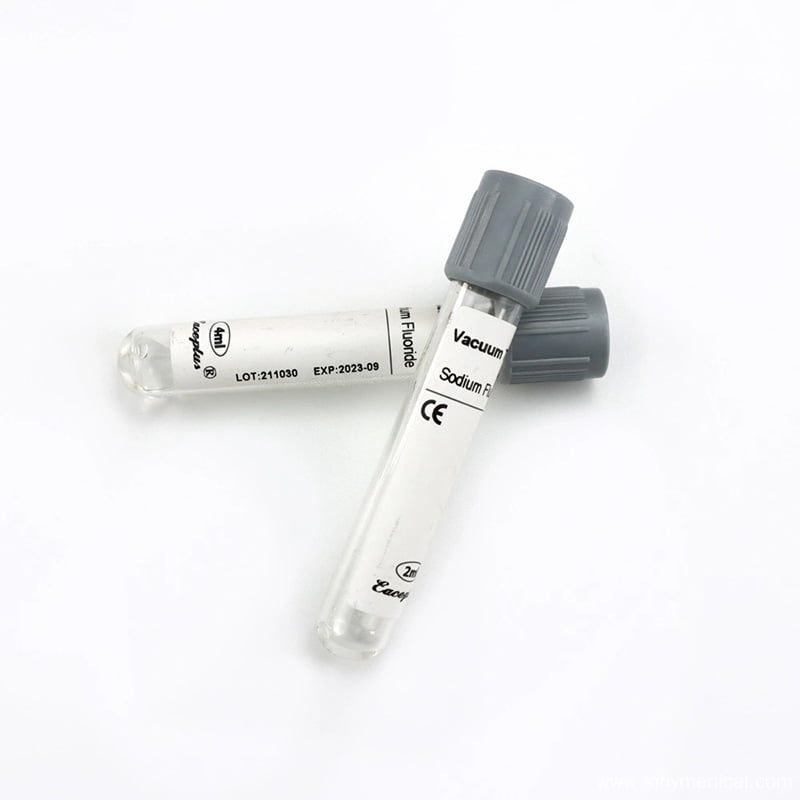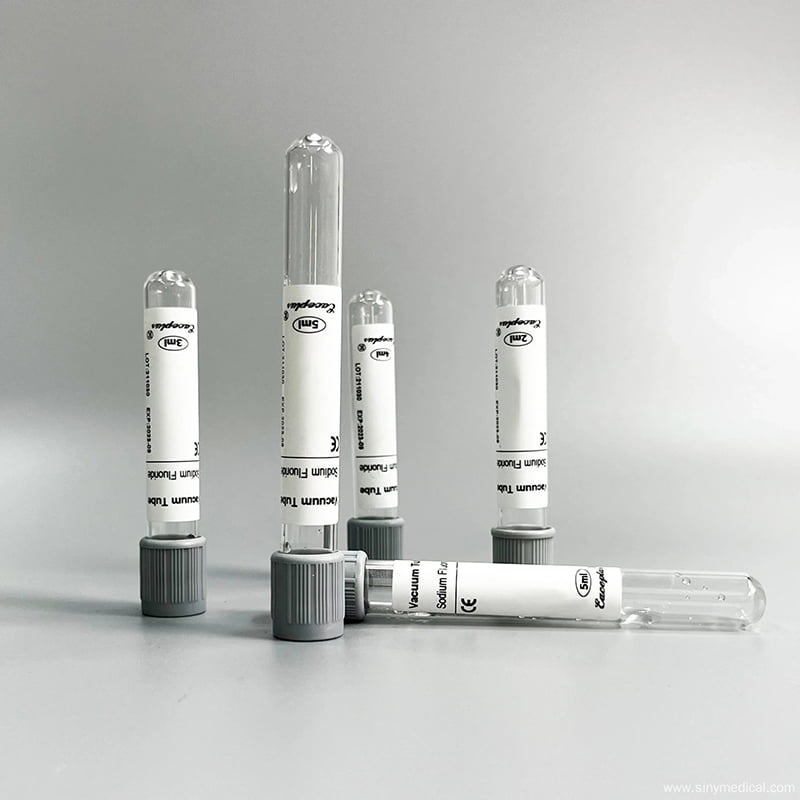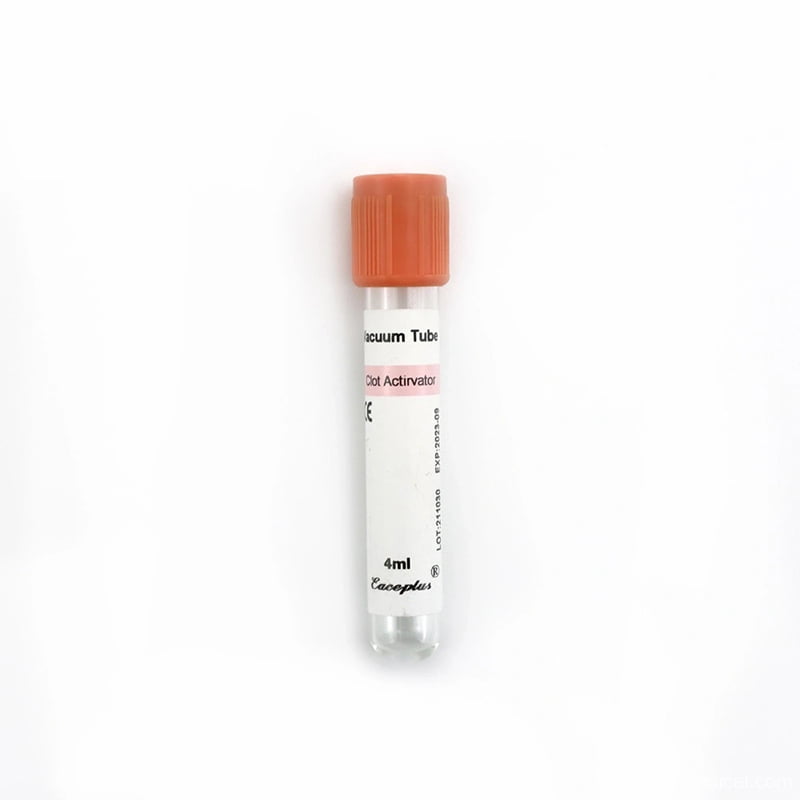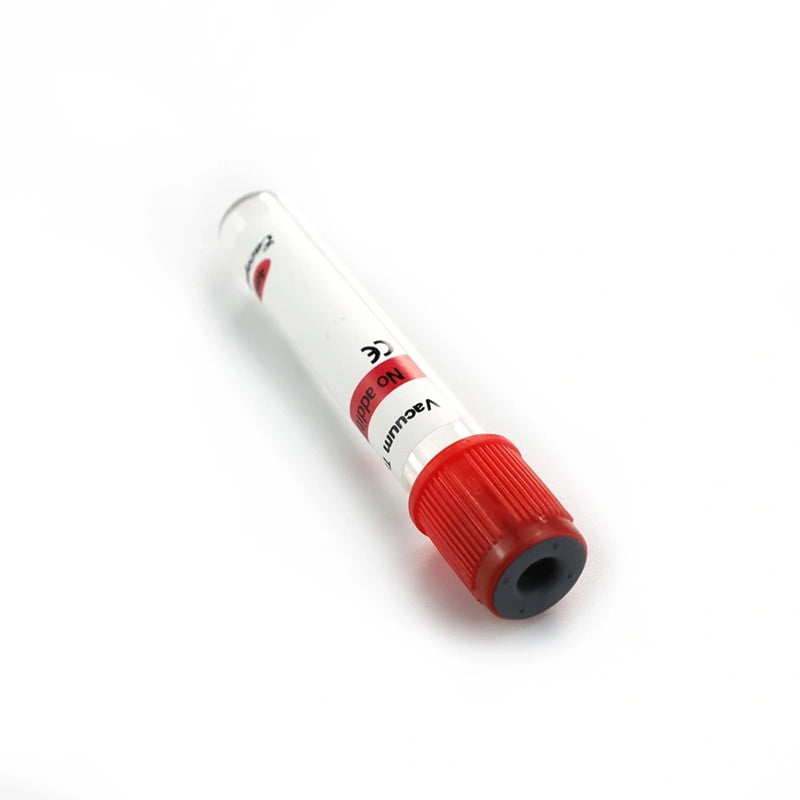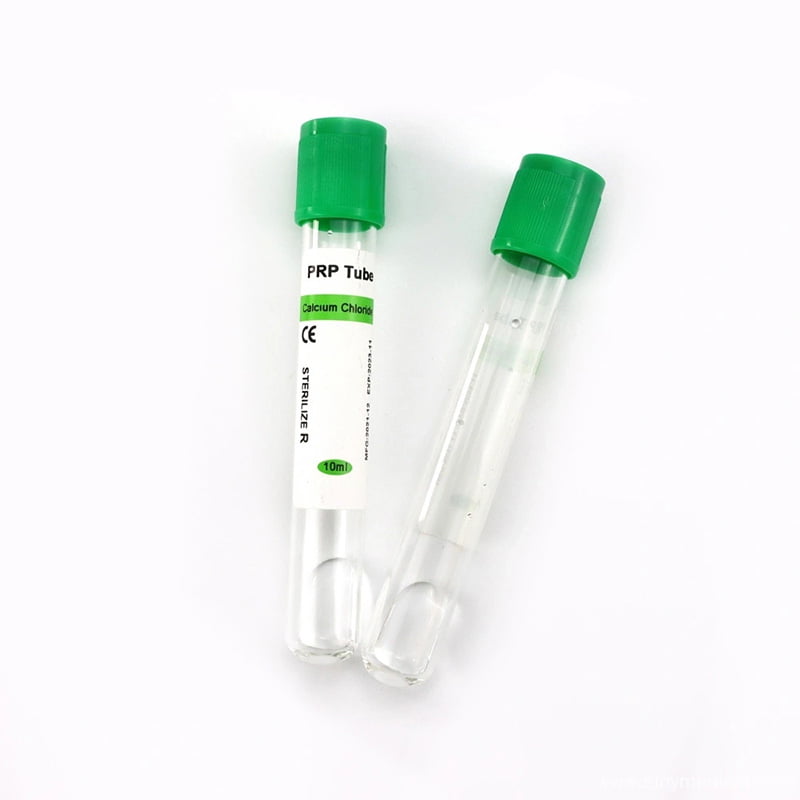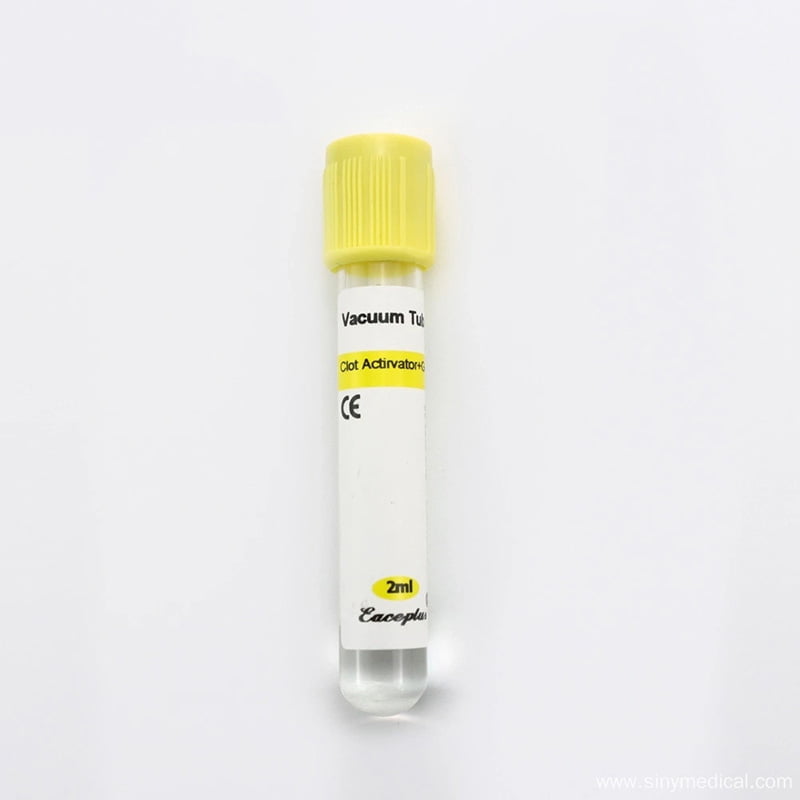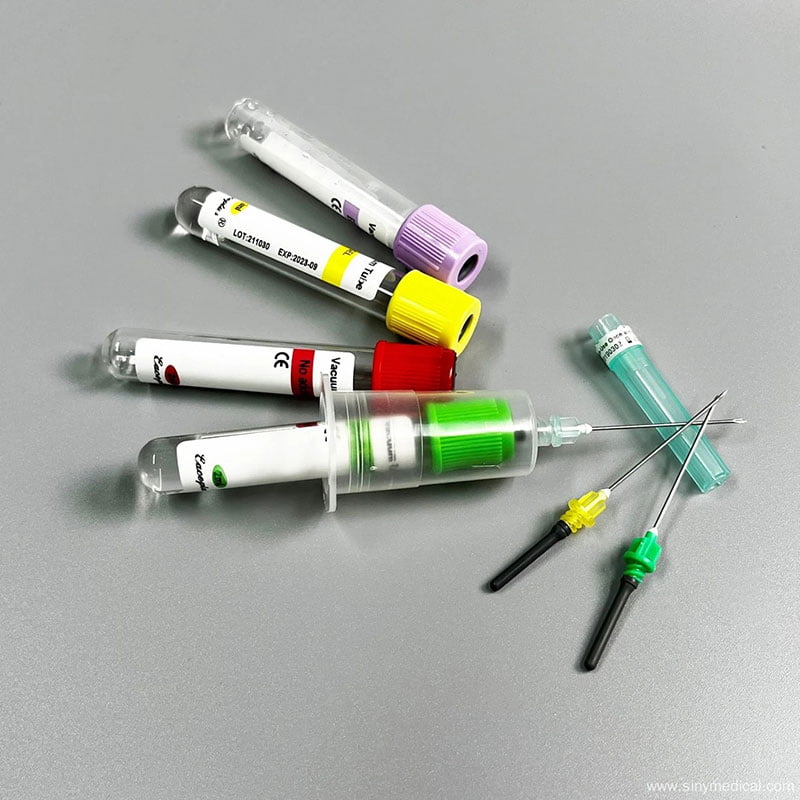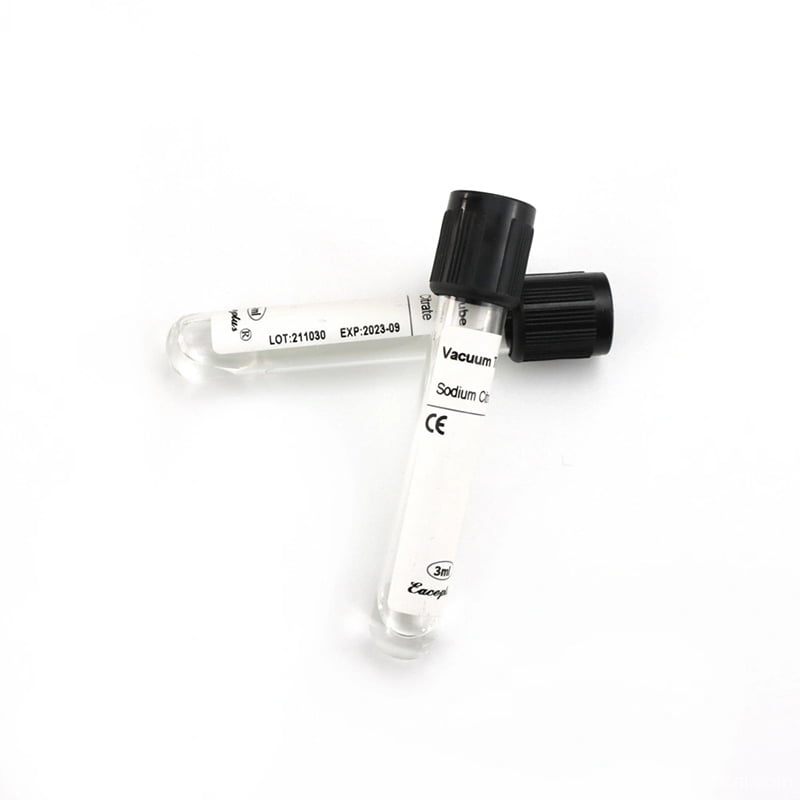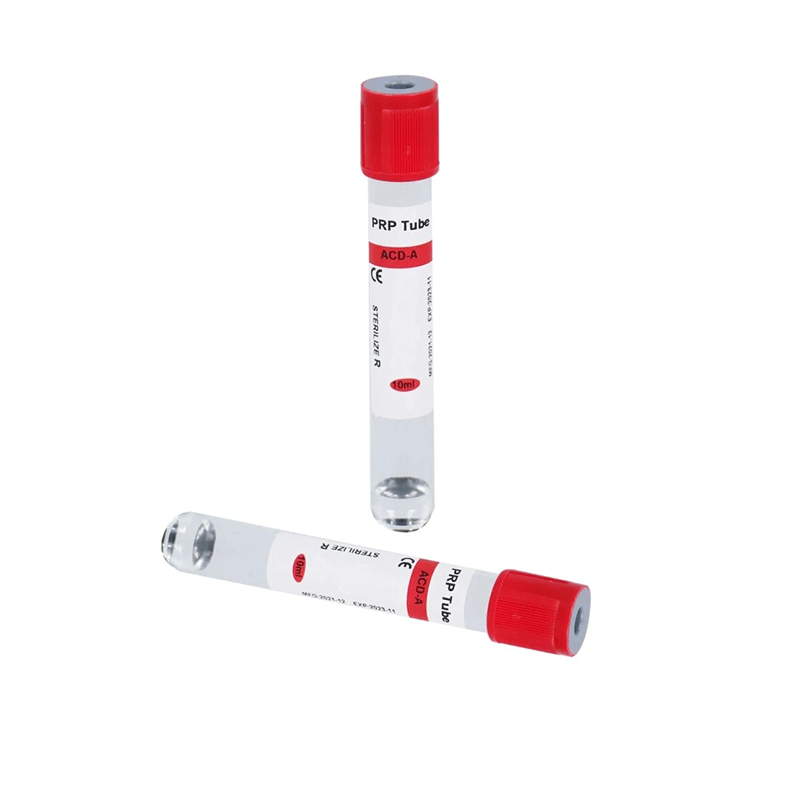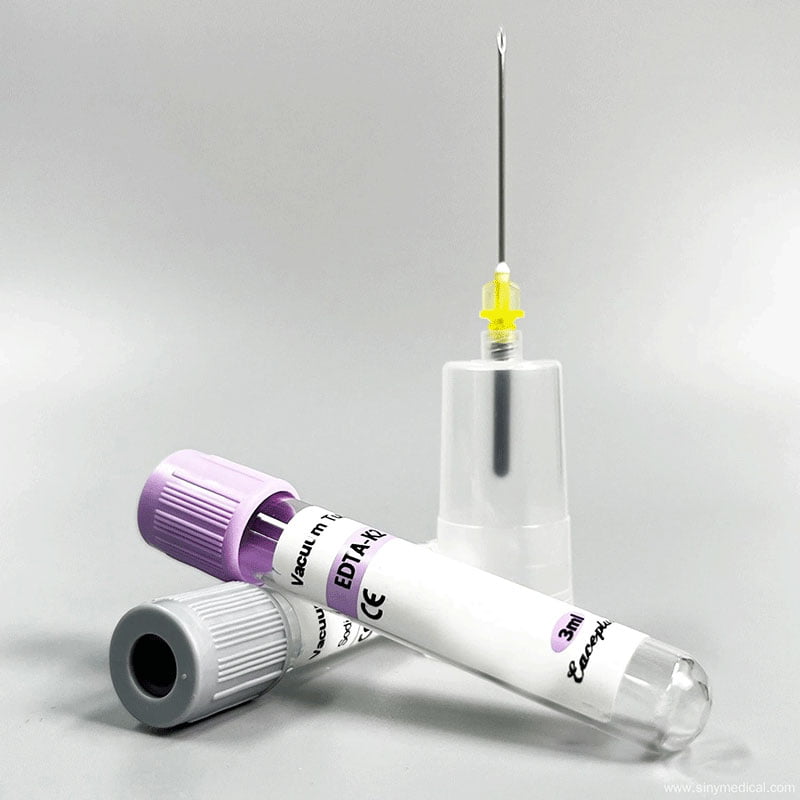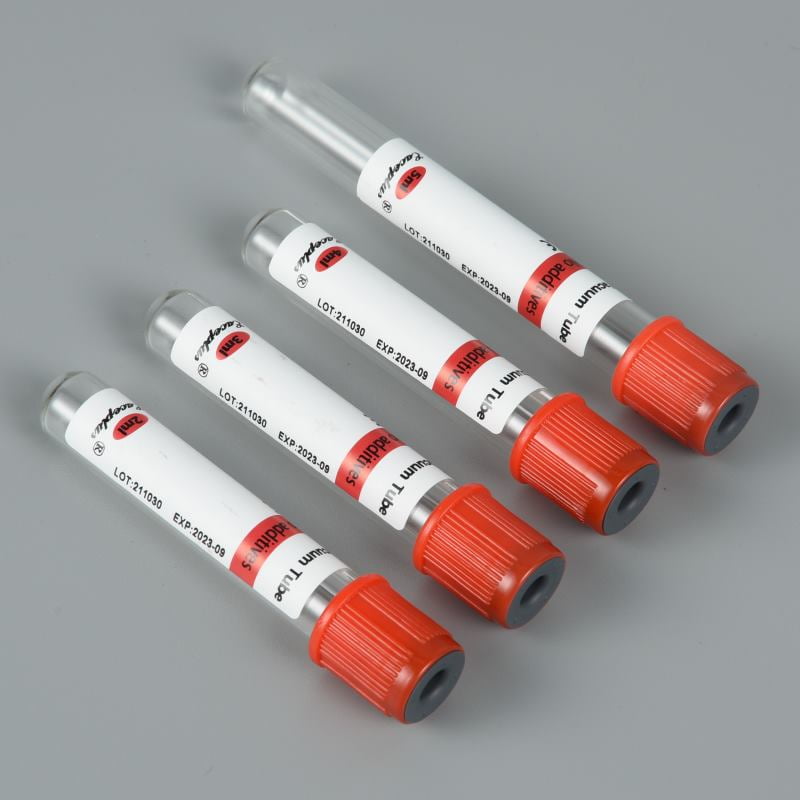Specimen Cups play a vital role in medical diagnostics and research. You use them to collect and store biological and non-biological samples, ensuring their integrity and proper storage, which is crucial for accurate analysis. Specimen Cups – Direct from the Manufacturer, like those from Siny Medical, offer a reliable solution for safe sample collection. Whether dealing with urine, blood, or Sputum Cups for Safe Sample Collection, these cups prevent contamination and maintain sample quality. For more specialized needs, such as stool samples, you can explore options at Siny Medical. Wholesale Urine Cups are also available for bulk requirements, ensuring you have the tools for efficient sample collection.
Table of Contents
- 1 Main Points
- 2 Understanding Specimen Cups
- 3 Types of Specimens Cup
- 4 Importance in Medical and Scientific Fields
- 5 Final Thoughts
- 6 FAQ
- 6.1 What factors should you consider when choosing a specimen cup?
- 6.2 Are specimen cups reusable?
- 6.3 How do you ensure the integrity of a sample in a specimen cup?
- 6.4 Can you use specimen cups for at-home sample collection?
- 6.5 What types of tests require specimen cups?
- 6.6 How do you dispose of specimen cups after use?
- 6.7 Why is it important to label specimen cups correctly?
- 6.8 What are the common materials used in specimen cups?
- 6.9 How do specimen cups contribute to accurate diagnoses?
- 6.10 What role do specimen cups play in research and development?
Main Points
- Specimen cups are essential for collecting and storing biological and non-biological samples, ensuring their integrity for accurate analysis.
- Using high-quality specimen cups minimizes contamination risks, leading to more reliable diagnostic results in medical testing.
- Different materials, such as plastic and glass, are used for specimen cups, each chosen for specific benefits like hygiene and durability.
- Specimen cups are versatile tools used in medical diagnostics, environmental testing, and food safety assessments.
- Proper labeling and secure lids on specimen cups are crucial for maintaining sample integrity and preventing mix-ups during analysis.
- In research and clinical trials, specimen cups facilitate the accurate collection of samples, supporting advancements in medical knowledge and patient care.
- For at-home sample collection, ensure you follow instructions carefully to maintain the collected samples’ integrity.
Understanding Specimen Cups
Definition and Purpose
Specimen cups serve as essential tools in the medical field. You use them to collect and store samples for analysis. These cups ensure that samples remain uncontaminated and secure during transport. By maintaining sample integrity, they play a crucial role in accurate diagnostics and research. Whether you are collecting urine, blood, or other biological materials, specimen cups provide a reliable solution for safe sample handling.

Design and Materials
Common Materials Used
Specimen cups come in various materials, each chosen for specific benefits. Plastic is the most common material due to its lightweight and disposable nature. It offers convenience for single-use applications, ensuring hygiene and preventing cross-contamination. Glass and stainless steel are also used, especially when durability and reusability are priorities. These materials undergo rigorous quality control checks to meet industry standards for safety and leak-proof design.
Features for Secure Sample Storage
To ensure secure sample storage, specimen cups incorporate several key features. A secure lid design prevents leakage, maintaining sample integrity during transport. This feature is vital for preventing contamination and ensuring accurate test results. Additionally, the cups are designed to be sterile, which further protects the samples from external contaminants. These features make specimen cups indispensable in clinical and research settings, providing peace of mind that your samples are safe and reliable.
Types of Specimens Cup
Specimen cups serve a vital role in collecting various types of samples. You can use them to gather biological and non-biological specimens, ensuring the integrity and accuracy of the samples for testing and research.
Urine Cup
Urine cups and Urine samples are among the most commonly used specimen cups in healthcare. They are designed to collect urine samples, critical for diagnosing various health conditions.
Key Features
- Sterile to ensure uncontaminated samples.
- Often include a secure screw-on or snap-on lid.
- Some models have built-in measurement markings for sample volume tracking.
Applications
- Urinalysis: Routine health screening for infections, kidney function, and diabetes.
- Pregnancy Testing: Detecting hCG levels in urine.
- Drug Testing: Used in the workplace or forensic drug screenings.
Stool Cup
Stool cups are specifically designed for collecting fecal samples. These are crucial for diagnosing gastrointestinal and digestive disorders.
Key Features
- Wide-mouthed opening for easy collection.
- Leak-proof sealing to prevent contamination or odor escape.
- Made from durable, non-reactive materials to preserve sample integrity.
Applications
- Parasite Detection: Identifying intestinal parasites.
- Colon Cancer Screening: Detecting blood or abnormal substances in stool sample cup.
- Infectious Disease Testing: Diagnosing bacterial or viral infections.
Sputum Cup
Sputum cups are used to collect respiratory secretions from the lungs and airways. They play a vital role in diagnosing respiratory conditions and infections.

Key Features
- Designed with a secure lid to contain fluids.
- Sterile interiors to prevent sample contamination.
- Convenient size for easy handling during collection.
Applications
- Tuberculosis Testing: Detecting the presence of Mycobacterium tuberculosis.
- Respiratory Infection Diagnosis: Identifying bacterial or fungal lung infections.
- Chronic Conditions: Analyzing sputum for chronic bronchitis or COPD management.
Biological Samples
Biological samples are crucial for medical diagnostics and research. Specimen cups provide a reliable means to collect and transport these samples safely.
Blood Samples
Blood samples require careful handling to prevent contamination and ensure accurate analysis. Specimen cups designed for blood collection offer secure storage, maintaining the sample’s integrity during transport. This is essential for various medical tests, including blood glucose levels, cholesterol, and genetic testing.
Saliva and Other Bodily Fluids
Saliva and other bodily fluids, like sputum cup, are collected for various diagnostic tests. Specimen cups ensure these samples remain uncontaminated, providing reliable results for tests such as hormone levels, infection detection, and DNA analysis.
Non-Biological Samples
Specimen cups are not limited to biological samples. They also play a significant role in collecting non-biological specimens for environmental and food safety testing.
Environmental Samples
Environmental samples, such as soil and water, are collected using specimen cups for analysis. These samples help monitor pollution levels, assess ecological health, and ensure compliance with safety regulations.
Food and Beverage Testing
In the food industry, specimen cups are used to collect samples for quality control and safety testing. You can use them to ensure food and beverages meet health standards, preventing contamination and consumer safety.
Importance in Medical and Scientific Fields
Specimen cups hold significant value in both medical and scientific fields. They ensure the integrity of samples, which is crucial for accurate diagnoses and practical research.
Ensuring Accurate Diagnoses
You rely on specimen cups to maintain the purity of samples. This ensures that test results are precise. When you collect samples like urine or blood, the integrity of these samples directly impacts the accuracy of diagnostic tests. By using high-quality specimen cups, you minimize contamination risks. This leads to more reliable results, which is essential for accurately diagnosing medical conditions.
Facilitating Research and Development
In research and development, specimen cups play a pivotal role. They provide a secure means to collect and store samples, vital for scientific studies and clinical trials.
Role in Clinical Trials
Clinical trials depend on the accurate collection and analysis of biological samples. You use specimen cups to gather these samples, ensuring they remain uncontaminated. This accuracy is crucial for evaluating the effectiveness of new treatments and medications. Reliable sample collection leads to trustworthy trial outcomes, advancing medical knowledge and patient care.
Contribution to Scientific Studies
Specimen cups contribute significantly to various scientific studies. You use them to collect samples needed for research, ensuring the samples’ integrity. This reliability supports the development of new scientific insights and innovations. By maintaining sample quality, specimen cups help you achieve valid and reproducible study results, which are essential for scientific progress.
Final Thoughts
Specimen cups are indispensable in various fields, ensuring accurate sample collection and transport. You rely on them to maintain the integrity of biological samples, which is crucial for precise testing and research outcomes. Their design and functionality support reliable diagnostics, making them essential for medical professionals and researchers. By using specimen cups, you contribute to advancing medical knowledge and safeguarding patient safety. These versatile tools play a pivotal role in facilitating scientific progress and ensuring the accuracy of test results across diverse applications.
FAQ
What factors should you consider when choosing a specimen cup?
When selecting a specimen cup, consider several factors to ensure optimal sample collection and preservation.
Material is crucial. Most cups are made of plastic because they are lightweight and disposable.
Size and shape also matter as they should match the specific requirements of the sample being collected. For instance, urine samples might need larger cups compared to blood samples. Ensure the cup has a secure lid to prevent leakage and contamination.
Are specimen cups reusable?
Most specimen cups are designed for single-use to maintain hygiene and prevent contamination. Reusing them is not recommended. Single-use cups ensure that each sample remains uncontaminated, providing accurate results for testing and analysis.
How do you ensure the integrity of a sample in a specimen cup?
Use a sterile specimen cup with a secure lid to ensure sample integrity. This prevents contamination and leakage during transport. Proper labeling with patient information is also essential to avoid mix-ups and ensure accurate test results.
Can you use specimen cups for at-home sample collection?
Yes, you can use specimen cups for at-home sample collection. They are designed to be user-friendly, allowing you to conveniently collect samples like urine or saliva. However, ensure you follow the instructions carefully to maintain sample integrity.
What types of tests require specimen cups?
Specimen cups are used for various tests, including urinalysis, drug testing, blood tests, and saliva analysis. They are also used in environmental testing and food safety assessments. Each test requires specific handling and storage conditions for the specimen cup.
How do you dispose of specimen cups after use?
After use, specimen cups should be disposed of according to local regulations for medical waste. It would help if you placed them in a designated biohazard container to prevent contamination and ensure safe disposal.
Why is it important to label specimen cups correctly?
Correct labeling of specimen cups is crucial to ensure accurate testing and results. It helps identify the sample source and prevents mix-ups in the laboratory. Always include patient information and the type of sample collected on the label.
What are the common materials used in specimen cups?
Specimen cups are commonly made from plastic materials like polypropylene or polystyrene. These materials are chosen for their durability, safety, and ability to maintain sample integrity. They undergo rigorous quality control to meet industry standards.
How do specimen cups contribute to accurate diagnoses?
Specimen cups contribute to accurate diagnoses by maintaining the purity and integrity of samples. When you collect samples like urine or blood, the quality of the specimen cup directly impacts the accuracy of diagnostic tests. Using high-quality urine cups minimizes contamination risks, leading to reliable results.
What role do specimen cups play in research and development?
In research and development, specimen cups provide a secure means to collect and store samples. This is vital for scientific studies and clinical trials. By ensuring sample integrity, specimen cups support the development of new scientific insights and innovations.

